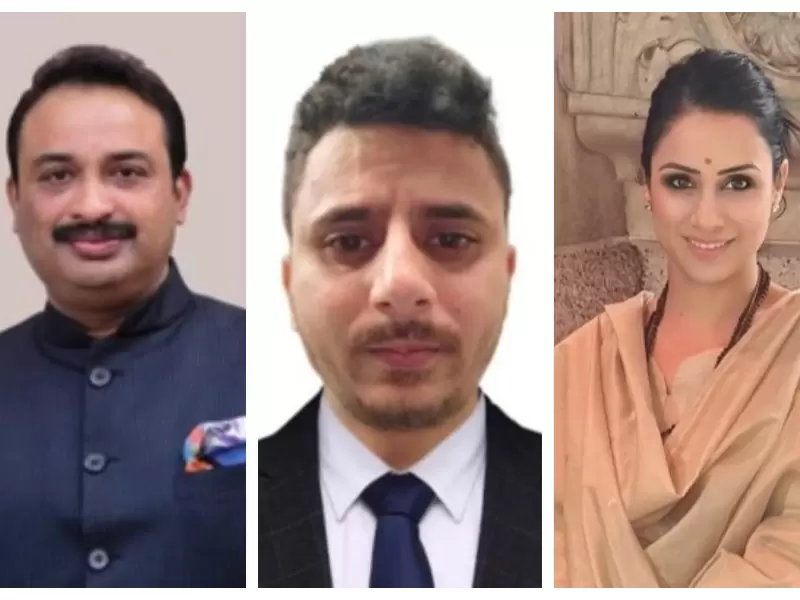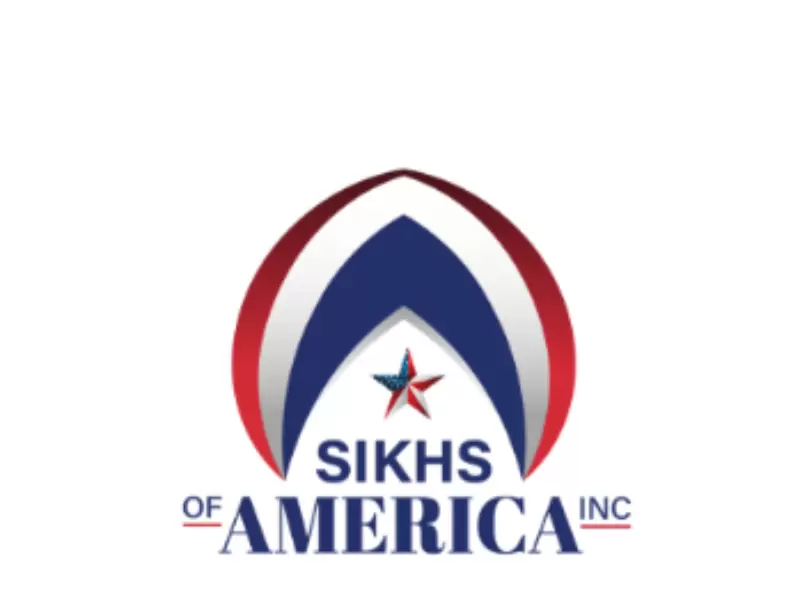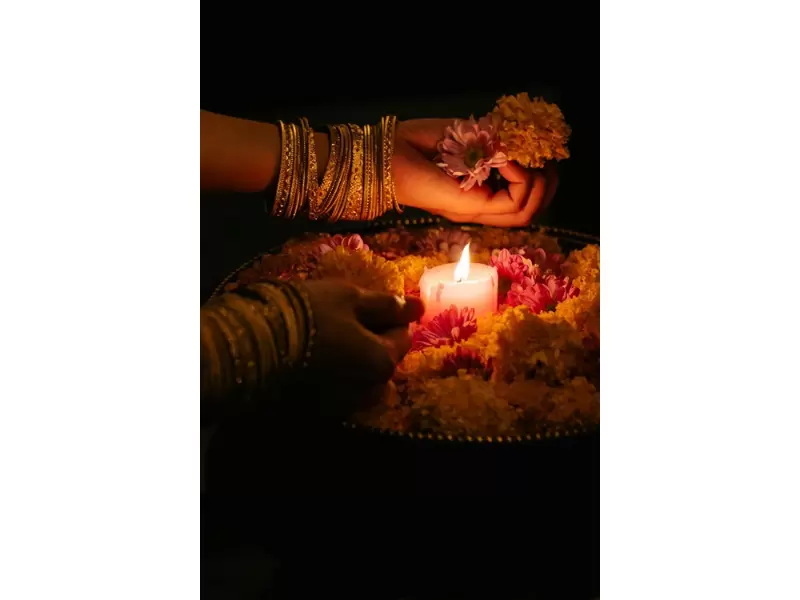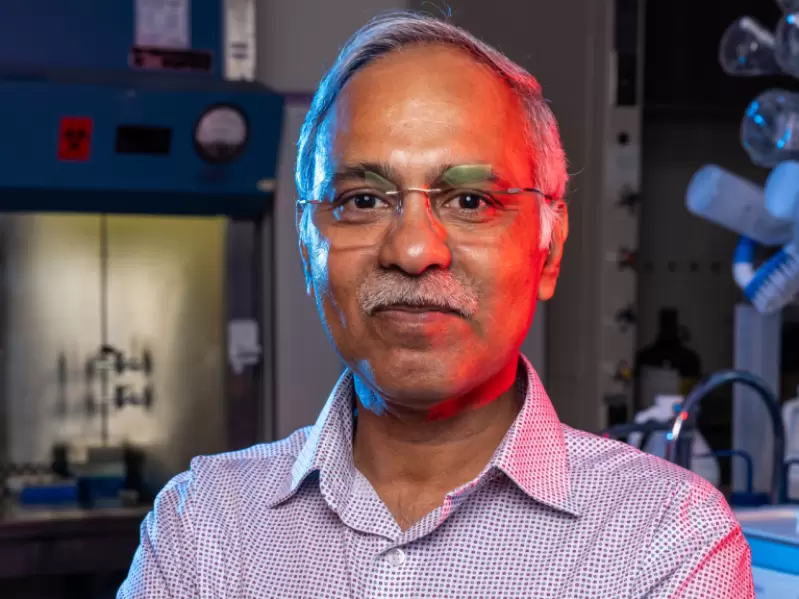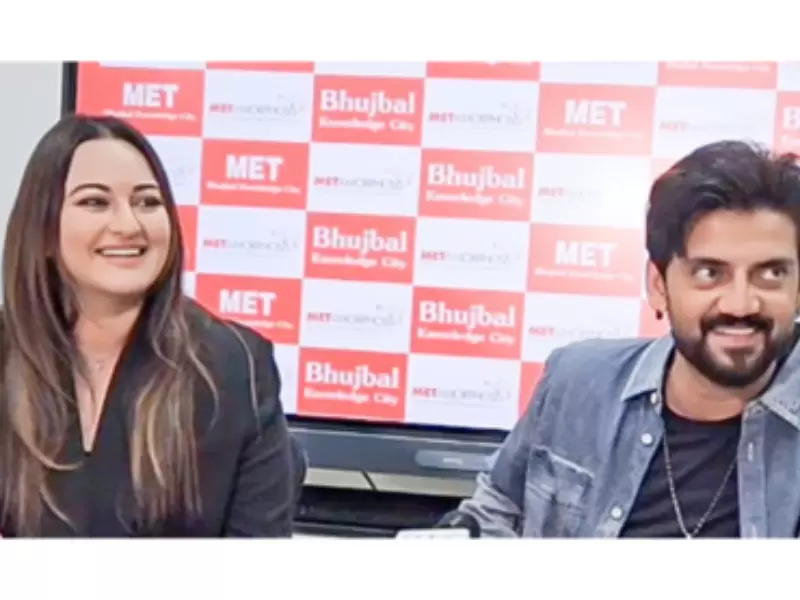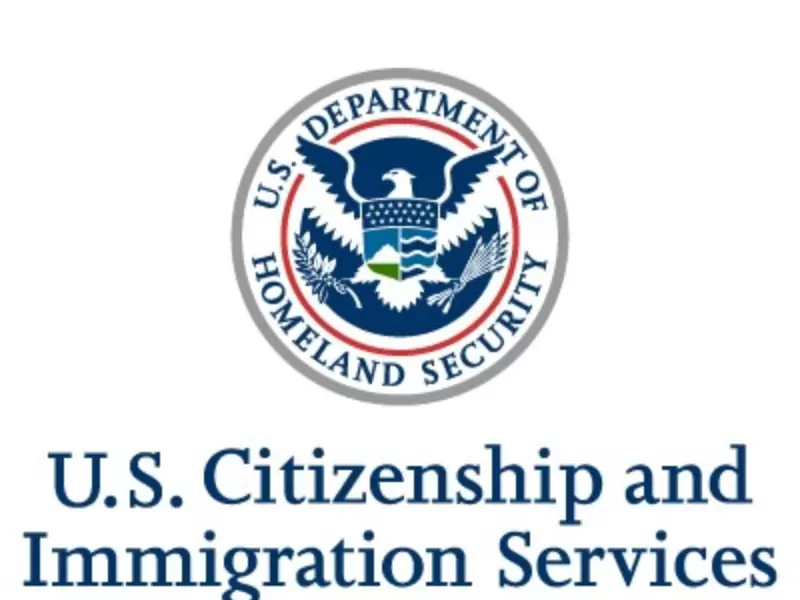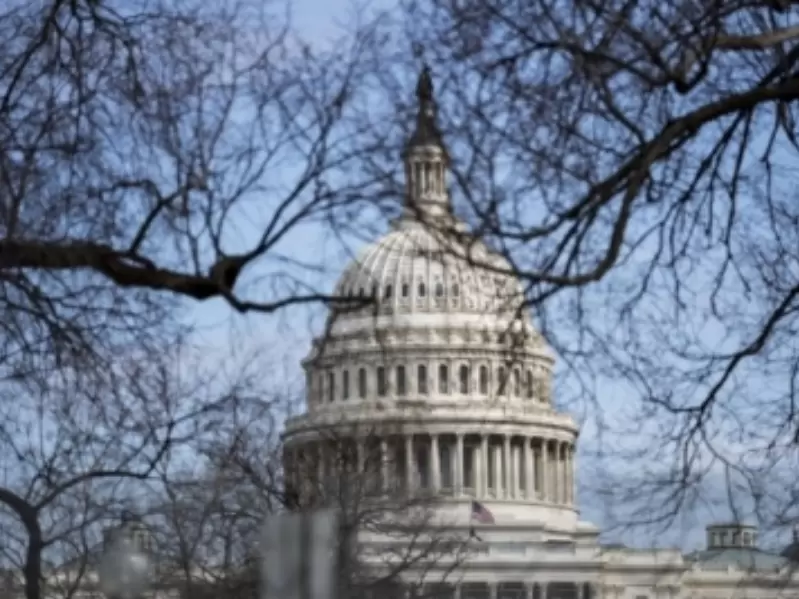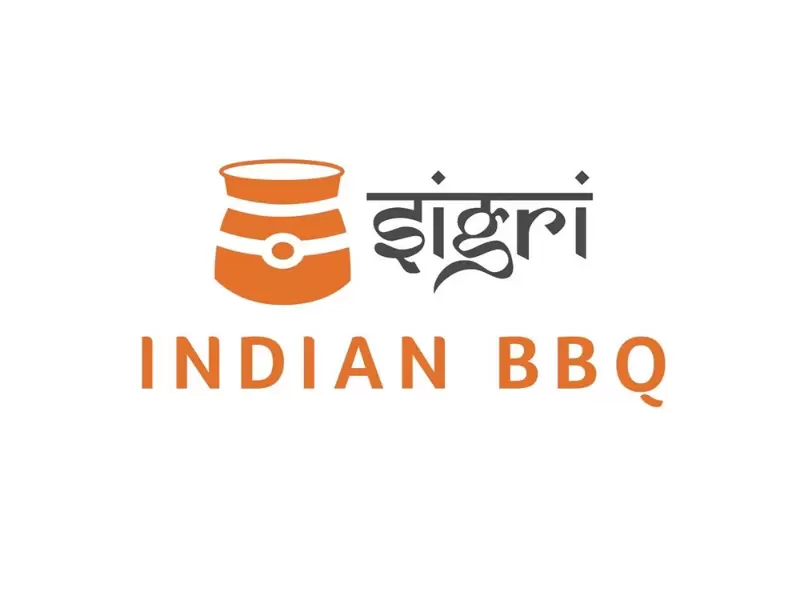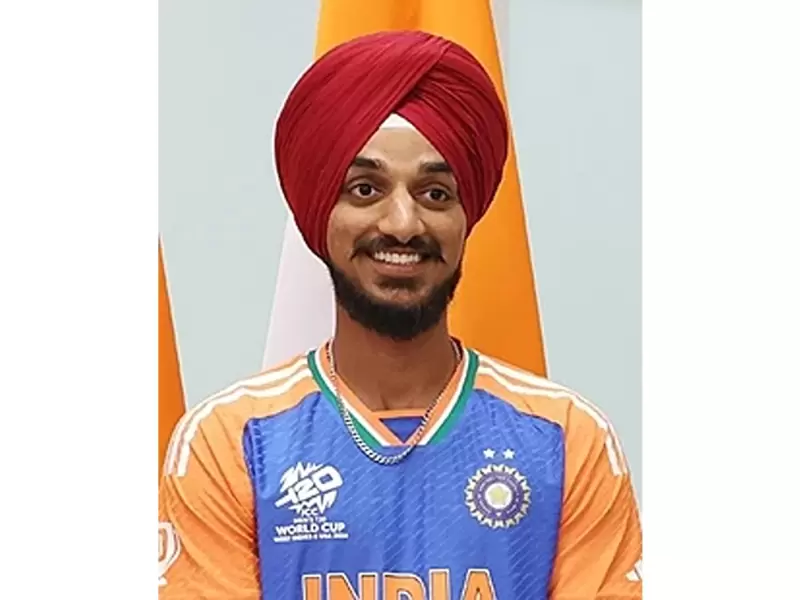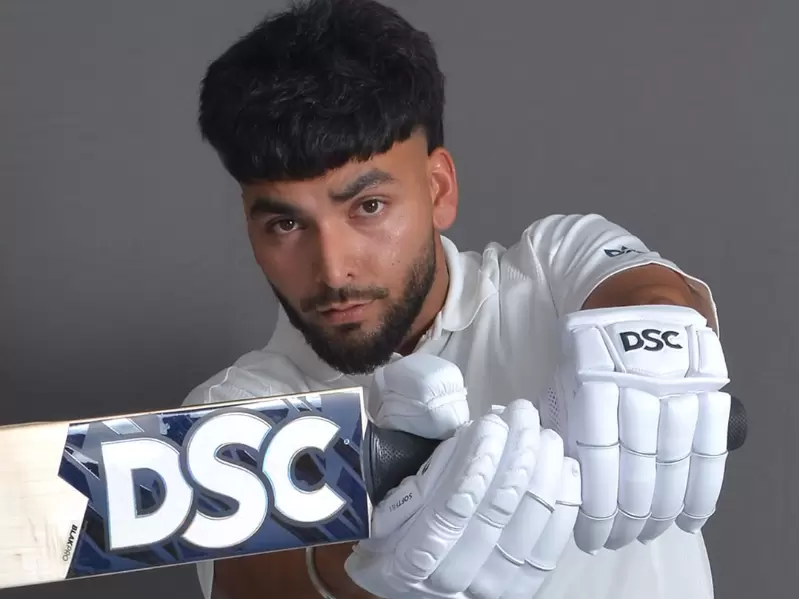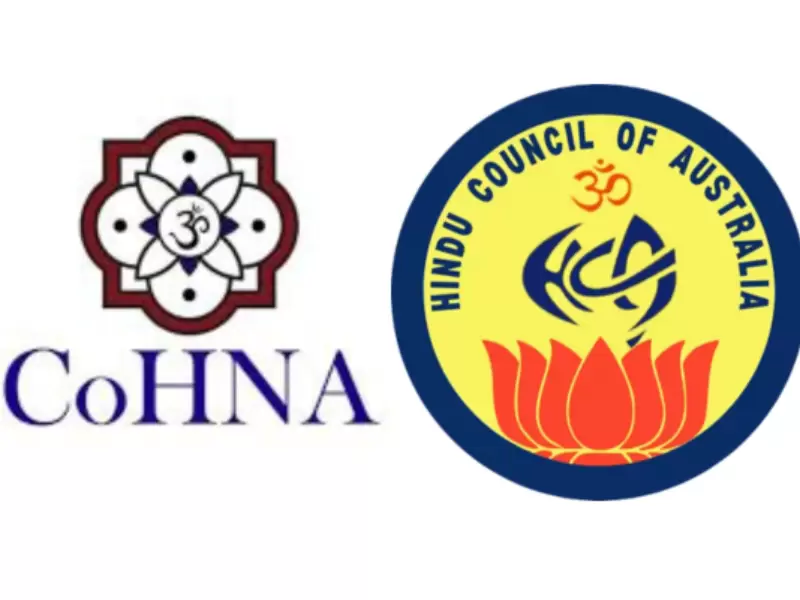ADVERTISEMENT
Short Videos
See MoreCommunity
See MoreSikhs of America condemns terrorist attack in Australia
A terrorist mass shooting took place at Bondi Beach in Sydney, during a large Hanukkah celebration.
-
The songs will feature vocalist Anuradha “Juju” Palakurthi, Mithilesh Patankar and the Budapest Scoring Orchestra conducted by Péter Illényi.
-
Singh said a rising number of Indian Americans are running for office, reflecting growing confidence and engagement in U.S. public...
-
The celebration was held in collaboration with BAPS Shri Swaminarayan Mandir and other Indo-American diaspora organizations in Houston.
ADVERTISEMENT
Videos
View AllOpinion
See MorePeople
See MoreSiva Gunda reappointed to California Energy Commission
Gunda has served on the commission since 2021 and currently holds the position of vice chair.
-
Patkar will oversee MedSpeed’s product vision, technology strategy and digital capabilities.
-
Krishnakumar will represent Dharma Alliance at the Global Refugee Forum Progress Review 2025 in Geneva.
-
Rutgers University-Newark team dedicated five weeks to building an advertising campaign, named “Silence is the Heaviest Load We Carry.”
ADVERTISEMENT
Entertainment
See More-
Superstar Rajinikanth had, in May this year, said that work on 'Jailer 2' was likely to go on until December.
-
Messi unveiled his 70-foot statue in Kolkata in the presence of Shah Rukh Khan.
-
Sonakshi was of the opinion that till the time a...
-
The film has drawn criticism over its overtly hyper-nationalist tone...
-
ADVERTISEMENT
Immigration
See More.png)
New policy requires public social media access for skilled workers, dependents and students starting Dec. 15.
-
Employers filing initial H-1B petitions currently pay between $960 and $7,595 in combined regulatory and statutory fees.
-
The study by Stop AAPI Hate cites rising anxiety, surveillance concerns, and inadequate institutional support across U.S. campuses.
-
The new policy eliminates self-submitted photographs, allowing only photos taken...
-
Indian professionals and their families are among those most exposed...
Food
See More-
The menu draws from Lucknow’s narrow lanes, Delhi’s Mughal-era durbars, Hyderabad’s Nizami kitchens and the coastal food cultures of Tamil...
-
ADF Foods is a fourth-generation family-owned leader in gourmet frozen
-
Attendees will receive a tour of the kitchen, observe operational processes, and participate in a live question-and-answer session.
-
The restaurant holds a 4.8 rating from more than 10,000...
-
It will replace the existing Rosedale restaurant in Jan. 2026,...
-
Khanna offered the warm drinks to guests queued outside his...
-
-
London group behind India-focused restaurants was sold as expansion plans...
SPORTS NEWS
See MoreThe Indian team became fifth nation to win a major...
Ankit Pal (49’), Manmeet Singh (52’), Shardanand Tiwari (57’), and...
South Africa bowled out India for 162 in 19.1 overs.
Goalkeeper Nidhi stopped three attempts in the tiebreaker, sealing India’s...
News
See More-
ADVERTISEMENT
Please enter something
- Asian Americans
- Biz
- Books
- Canada
- Community
- Culture
- Dating
- Diplomacy
- Diwali
- Editor picks
- Editorial
- Explainers
- Fashion
- Features
- Food
- Immigration
- India
- India Decides '24
- India Independence Day
- Letters to the Editor
- Life
- Maha Kumbh
- Movies+
- News
- Opinion
- People
- Ram Mandir
- Reviews
- Sports
- Spotlight
- Tech
- Travel n’ Diplomacy
- Trump 2.0
- UK Votes 2024
- US Elections 2024
- USA
- West Coast







